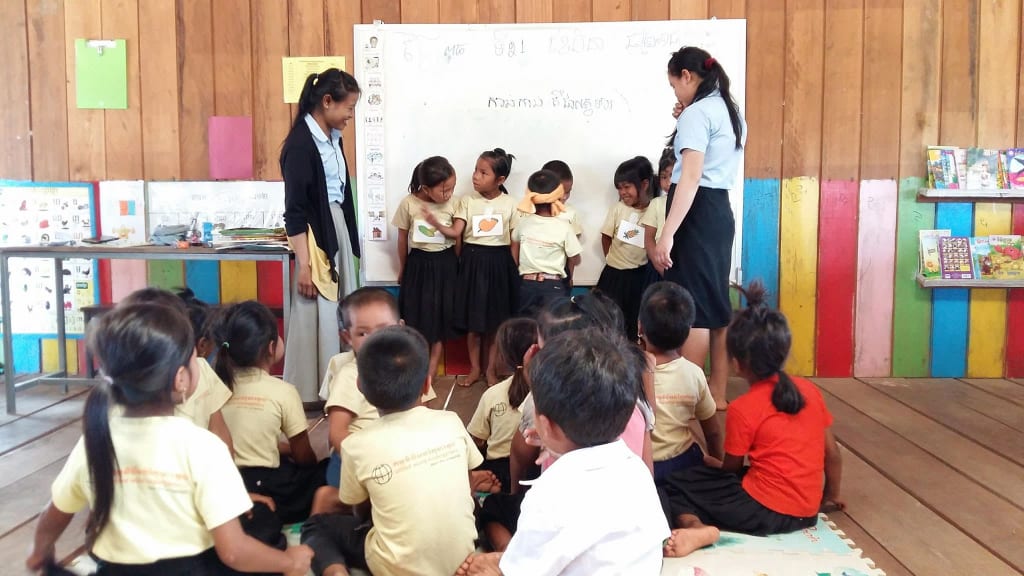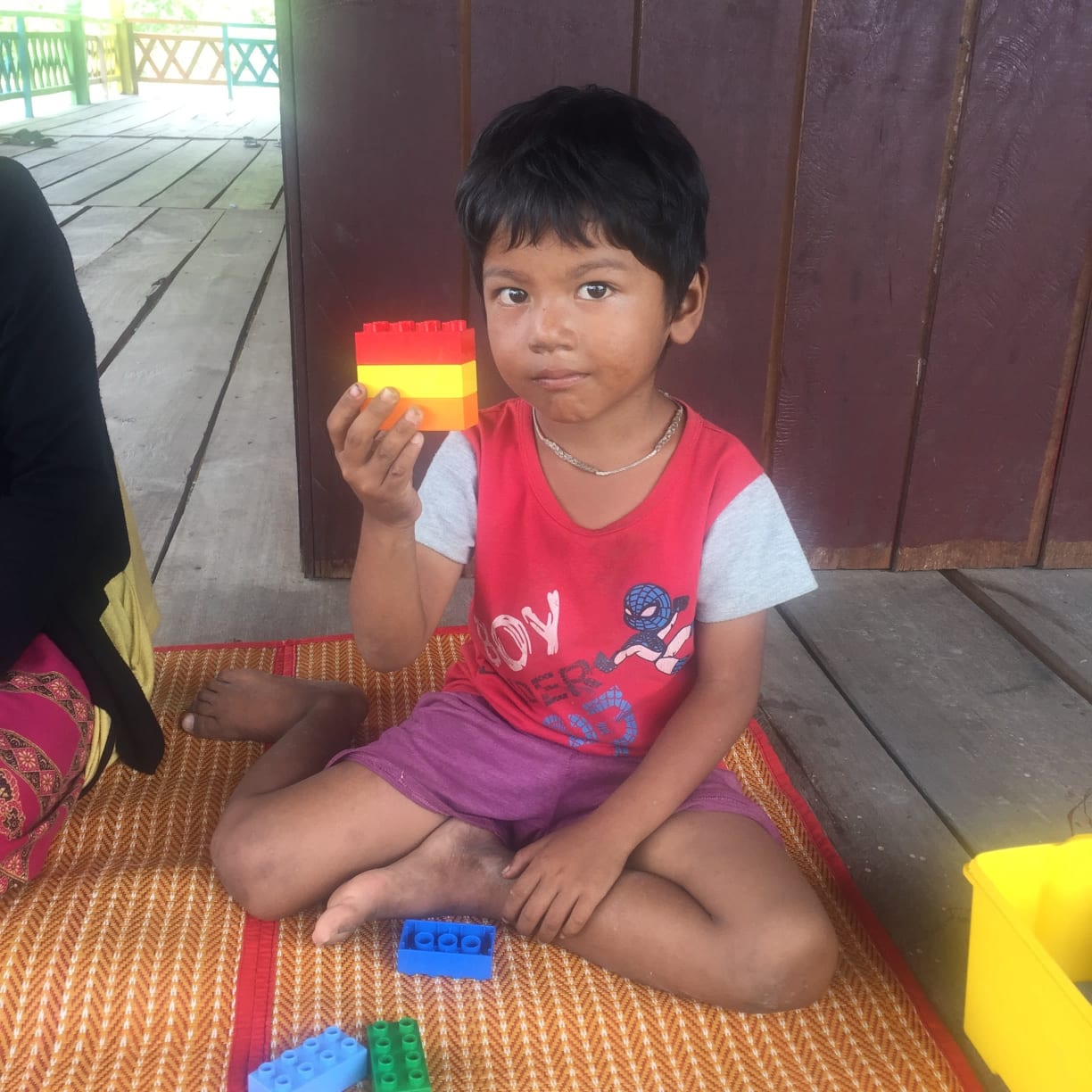LEARNING TO LEARN

May 14, 2018
KIM MICHAEL SORENSEN
5 mins
New research by the University of Cambridge puts a spotlight on the global short-fall of early years education provision. We reflect upon how our United World Kindergarten programme (UWK) is now more important than ever.
“Investment in the early years requires access to good quality pre-primary education…. It is time to take a good look at the numbers and commit to urgent action. If [donors] don’t, millions of children will fail to reach their full potential.”
Professor Pauline Rose, Director of the Real Centre, University of Cambridge
GLOBAL SHORTFALL
Kindergartens are vital for child development. They create effective learners, prepare children for primary school, and have huge impact on their later success in life. However, since 2002,the amount of aid given to pre-school education has drastically fallen. New research by the University of Cambridge shows that 250 million children aged five years or under, are at risk of failing ‘to reach their full potential’ as kindergarten programmes are increasingly underfunded. We know that these programmes are often overlooked within early childhood aid budgets since their impact is ‘less immediate and visible’, but we believe they are crucial for long-term development.


IMPORTANCE OF PRE-SCHOOL EDUCATION
Children who attend some form of pre-school education are more likely to enrol in primary school and remain in education throughout their teens. Studies by Global Education Monitoring Report have even shown that children who have been to a kindergarten performed better in speaking, reading, writing and mathematics by the second grade of primary school than those who did not.
In Cambodia, we often saw older students at our UWS Schools bringing their younger siblings to lessons, sometimes even sitting them on their knee while they tried to work. Our kindergartens provide these communities with a safe and stimulating space for the tiniest members of the family, giving older children the chance to focus on their studies.
UNITED WORLD KINDERGARTENS (UWK)
In 2016, we launched UWK in Cambodia and now have nine operational kindergartens attached to our community schools. So far, over 300 children have been enrolled at a United World Kindergarten, a third of which have now graduated into a primary school.
“All of our Kindergarten teachers are trained to take a holistic approach to education, incorporating resources like lego bricks and duplo into lessons, as well teaching basic numeracy and literacy through games, songs, and art.”
Gemma Barker, UWS Associate Director for Programmes
Each of the kindergartens is built to a standard UWS model. From the brightly coloured walls and fenced wooden platform that surrounds the building, every aspect of the design has been chosen to stimulate independent learning and creativity. Each kindergarten also has a comfortable reading corner, a kitchen to supply the children with a balanced breakfast, and washing facilities to help teach good hygiene routines.
NEXT STEPS
In light of this research, we believe UWK is more important than ever and can go some way towards tackling the global pre-primary education deficit. We have already secured funding for a further kindergartens – taking our total 10 – and are confident we can expand our programme into more schools with your support.





